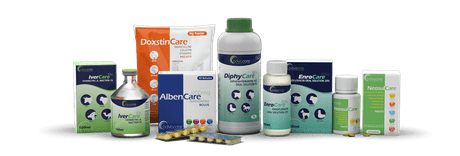What is the meaning of Veterinary Anti-inflammatory Medication?
Anti-inflammatory drugs are a class of medications used to reduce inflammation and pain in animals. They work by inhibiting the production or activity of prostaglandins and other inflammatory mediators. This leads to decreased pain, swelling, and redness at the site of injury or inflammation.
Veterinary anti-inflammatory drugs effectively manage acute and chronic pain and reduce inflammation caused by various conditions such as arthritis, trauma, and infections. Other common indications for veterinary anti-inflammatory medications include pain associated with surgery, dental procedures, or injuries and inflammation caused by conditions such as osteoarthritis, tendonitis, and dermatitis.
For example, anti-inflammatories for dogs and cats have become vital components in the veterinary toolkit for ensuring pet well-being. NSAIDs for dogs, which stands for Non-Steroidal Anti-Inflammatory Drugs, are often prescribed to address conditions like osteoarthritis or post-surgical pain, offering relief and improving their quality of life. Similarly, when seeking an anti-inflammatory for cats, veterinarians consider the specific needs and potential sensitivities of the feline population, ensuring the treatment provided is both safe and effective.
It's essential for pet owners to consult their veterinarian for the appropriate dosage and potential side effects when using these medications.


